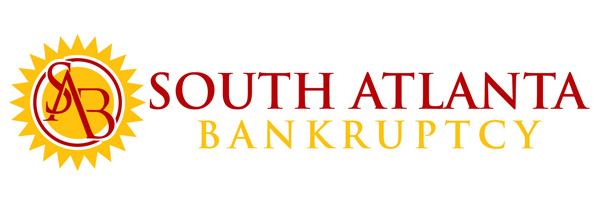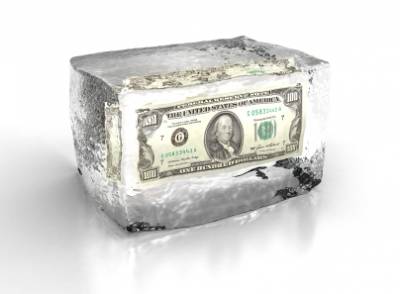How it starts:
Under general contract law, if a person borrows money, and is late in repaying it, the lender may sue to collect the debt. A lender starts a suit by filing a “summons and complaint” that usually states that payments have not been made as required in the contract.
A suit requires that the defendant/borrower file an “answer” within 30 days. The answer should state a reason why the borrower is not legally obligated to pay the debt as stated in the complaint.
If the borrower files an answer on time, a hearing will be assigned. Otherwise, if the borrower fails to answer, or if his answer is legally inadequate, then the creditor will win. The creditor may then “garnish wages” or “levy a bank account” to collect the money owed to it.
What happens next:
A “garnishment” is a separate proceeding where the creditor requires the borrower’s employer to pay a percentage of the debtor’s wages into the court until the judgment is satisfied. A garnishment is served on the employer, not on the employee. It is not necessary for the creditor to notify the borrower of the garnishment after a judgment has been entered, and the garnishment may take the borrower totally by surprise.
Alternatively, a judgment creditor may collect by means of a “levy”. Here, the creditor causes the debtor’s bank account to be frozen, and require the bank pay the monies over after a brief waiting period. Again, the borrower does not need to be directly notified, and is often surprised to find that he can’t pay bills or draw money out of his account. A levy may attach to a joint account even if the other owner(s) of the account have nothing to do with the debt owed to the creditor.
Effect of Filing Chapter 13:
Filing Chapter 13 stops a creditor from starting or continuing garnishments and levies whether the creditor agrees or not. It is a quick and inexpensive way to avoid a disaster, and may be used to protect a non-filing co-obligor. The debt may be repaid over time, or in some cases, the debt may even be discharged without payment, depending on the type of plan filed in the individual case.
Please contact one of our lawyers at 678-519-4143 to discuss how this applies in your particular situation.

